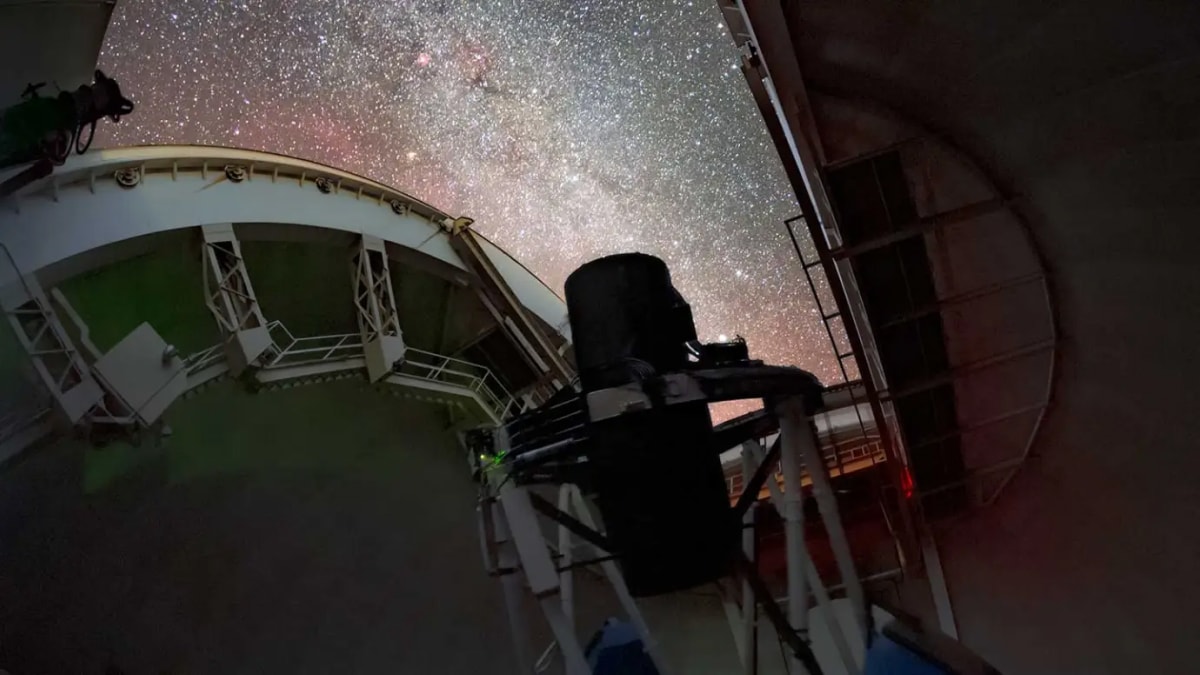In a new study published on Tuesday, researchers from the Dark Energy Spectroscopic Instrument (DESI) project suggest that the mysterious force known as dark energy might not remain constant over time, challenging existing assumptions in cosmology. While the findings hint that dark energy, believed to drive the universe's accelerated expansion, may be waning, the study simultaneously upholds the validity of general relativity, Albert Einstein's foundational theory of gravity. Published on the DESI project's website and on arXiv, the study builds on an April report from the same collaboration that had indicated a similar outcome.
DESI's Expansive Galaxy Mapping Efforts
The DESI projectconducted at the Kitt Peak National Observatory in Arizona, has created an unprecedented 3-D map of galaxies, which allows scientists to explore the structure and growth of cosmic formations over time. Unlike previous analyses, which primarily examined baryon acoustic oscillations — sound waves from the early universe that are still detectable — the latest study includes data on how galaxy formations evolve. Cosmologist Dr Dragan Huterer of the University of Michigan noted that these structural shifts are highly responsive to the effects of dark energy and potential modifications in gravity.
Evidence Points Toward Variable Dark Energy
The consistency between the recent findings and those from earlier analyzes has been highlighted by cosmologist Dr Pauline Zarrouk of the National Center for Scientific Research (CNRS) in France, who explained that matching findings were essential given the shared dataset. DESI's analysis also incorporated information from other astronomical observations, including the cosmic microwave background, the universe's oldest observable light. The study's results suggest a potential variation in dark energy's density, reinforcing previous indications that cosmologists may need to revise their models if these findings continue to hold.
Upcoming DESI Results May Shed New Light
While general relativity remains largely unchallenged, the DESI findings have introduced uncertainty into the field. Physicist Dr Daniel Scolnic of Duke University remarked that such discoveries often dissipate quickly, but the DESI team continues to stand by its data. The results present no evidence for modified gravity theories, which propose an alternative view of gravity that could explain dark energy and dark matter.
DESI's upcoming findings, expected in 2025, will reveal insights based on three years of data collection, testing the robustness of the variable dark energy hypothesis and potentially reshaping our understanding of the cosmos.


